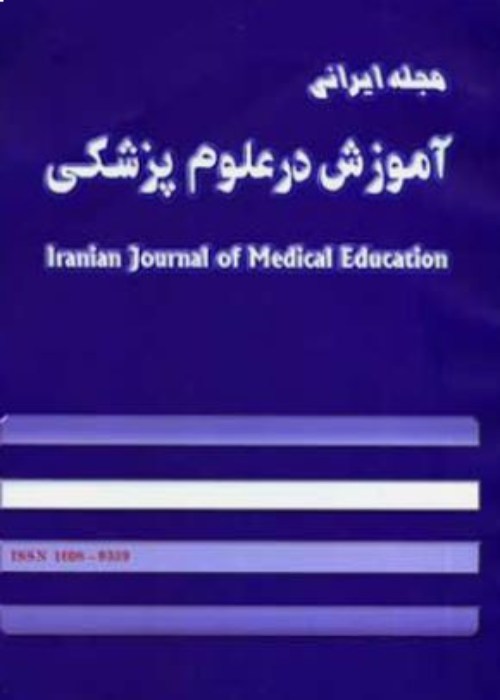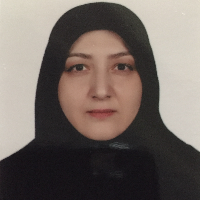The Status of Knowledge Sharing at the Decision Making Center of Deputy of Education in Iran's Ministry of Health and Medical Education
Author(s):
Abstract:
Introduction
One of the key factors in knowledge management is the organizations ability to share knowledge. The purpose of this paper was to examine the status of and factors affecting knowledge sharing in Deputy of Education in Irans Ministry of Health and Medical Education in 2016.Methods
This descriptive cross-sectional study was carried out in 2016. Research population consisted of all of the staffs in the Deputy of Education in the Ministry of Health and Medical Education, and the sample was formed by means of census method (280 people). Data about knowledge sharing were gathered by a researcher-made five-point Likert scale questionnaire which measured five dimensions: human factors, cultural factors, structural factors, leadership strategies, and system and technology (total=46 items). Spearman correlation coefficient was used to analysis the data.Results
A total of 234 people answered the questionnaire and participated in the study (response rate: 83.5%). The mean scores of the five dimensions were respectively obtained for structural factors (2.7±0.46), leadership strategies (2.66±0.54), system and technology (2.59±0.44), cultural factors (2.47±0.51), and human factors (2.46±0.52). The item to get rewarded in exchange for knowledge sharing with the mean score 1.73±0.82 had the lowest score and the item no problem in the rate of available knowledge and information exchange between units/parts of the organization with the mean score 3.61±0.97 had the highest score among all of the items. A significant relationship was only found between the variable of work experience and knowledge sharing. (p˂0.05).Conclusion
Since human and cultural factors were given the lowest scores among the examined dimensions, it is necessary to strengthen these dimensions. Improving the cultural structure in the Deputy of Education through emphasis on knowledge sharing seems to be an appropriate solution for effective and efficient use of this capability. Accordingly, offering incentives for staffs voluntary participation and activities is recommended.Keywords:
Language:
Persian
Published:
Iranian Journal of Medical Education, Volume:16 Issue: 1, 2016
Pages:
138 to 148
magiran.com/p1564016
دانلود و مطالعه متن این مقاله با یکی از روشهای زیر امکان پذیر است:
اشتراک شخصی
با عضویت و پرداخت آنلاین حق اشتراک یکساله به مبلغ 1,390,000ريال میتوانید 70 عنوان مطلب دانلود کنید!
اشتراک سازمانی
به کتابخانه دانشگاه یا محل کار خود پیشنهاد کنید تا اشتراک سازمانی این پایگاه را برای دسترسی نامحدود همه کاربران به متن مطالب تهیه نمایند!
توجه!
- حق عضویت دریافتی صرف حمایت از نشریات عضو و نگهداری، تکمیل و توسعه مگیران میشود.
- پرداخت حق اشتراک و دانلود مقالات اجازه بازنشر آن در سایر رسانههای چاپی و دیجیتال را به کاربر نمیدهد.
دسترسی سراسری کاربران دانشگاه پیام نور!
اعضای هیئت علمی و دانشجویان دانشگاه پیام نور در سراسر کشور، در صورت ثبت نام با ایمیل دانشگاهی، تا پایان فروردین ماه 1403 به مقالات سایت دسترسی خواهند داشت!
In order to view content subscription is required
Personal subscription
Subscribe magiran.com for 70 € euros via PayPal and download 70 articles during a year.
Organization subscription
Please contact us to subscribe your university or library for unlimited access!



